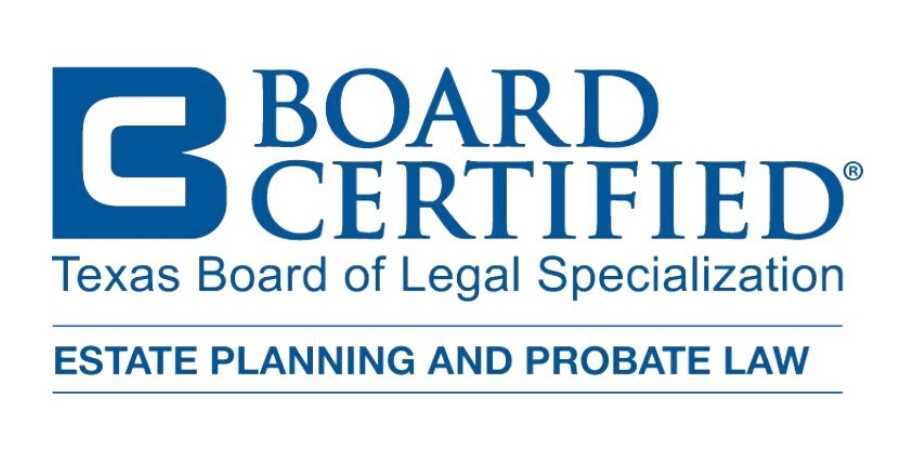Finding Real Estate Opportunities
Finding Real Estate Opportunities

Finding real estate opportunities takes continuous monitoring. There are always opportunities out there; however, if you’re not looking for them, you won’t find them. Real estate opportunities will rarely go looking for you. And don’t forget, other people are looking for these opportunities as well. If you’re not looking, someone else will get them before you even know about them. Although this may sound like a daunting task, it doesn’t have to be. Monitoring simply means keeping your eyes and ears open. You need to focus your perception, so you can be sure you’re not overlooking something. The best place to start is where you live, limiting your research to a specific geographic area as opposed to all over the country or the state. It’s likely that you will know what areas are desirable for different types of property ownership and development. Some areas may be good for apartment rentals and others may be better for commercial. The time you invest in getting to know your market and area will pay you back many times over. Developing this knowledge will keep you from buying in the wrong neighborhood or the wrong property for that neighborhood. The first place to look is in your local newspaper’s classified ads. Look at all the properties for sale. Keep this up for several weeks and you will begin to realize what the retail prices are for properties in different neighborhoods. As this becomes a habit, you will discover the properties that were overpriced and, thus, have stayed on the market for quite some time. These properties can become opportunities after they’ve sat on the market for a while because the sellers may get frustrated by the lack of offers or activity. They will eventually realize that their prices are too high and will negotiate to at least reasonable prices, if not better. Remember that the prices listed in the classifieds are asking prices, not final sales prices. It has been my experience that a property usually sells below the asking price. Real estate guides (those free magazines with property listings) can be another source of information. They usually have pictures of the properties for sale. These pictures can help rule out properties. But remember the old adage, “Never judge a book by its cover.” Don’t decide against a property just because it doesn’t look perfect. It may only need a little cosmetic improvement, or maybe it just didn’t photograph well that day. You may find that a property looks bad, but upon close inspection you see it merely needs some landscaping and paint to bring out its beauty. These are relatively inexpensive improvements that can pay off handsomely. Real estate guides can also be a source to help you to find mortgage companies, insurance providers, and even property inspectors to assist you in your evaluation or purchase. You can see a lot of properties by thumbing through the pages of a real estate guide and you will also see how different real estate people market their properties. When you’re in the market to sell, you’ll want to choose the real estate firm that will be the most effective. Real estate brokers and agents can also be good sources for properties. It’s important to find a real estate agent who will help you find the right property. To do so, the real estate agent must understand what you are looking for in order to narrow your options. Real estate agents have access to information on properties through a multiple listing service. This service is often referred to as MLS. It provides real estate agents with a list of properties that are for sale and includes details about property size and characteristics. This service is searchable to find properties that fit the buyer’s property profile. An easy example is a three-bedroom, two-bath home in a specified zip code, school district or neighborhood. This search may turn up several prospects for the real estate agent’s customer. It’s also important to establish yourself as a viable customer for your real estate agent. My hat is off to the agents; they may show someone a hundred properties and not sell anything. This can be frustrating, but it’s part of the job. Consequently, if your real estate agent feels you are a real buyer, she will make you aware of properties before showing others. An agent is best implemented when you have narrowed your scope to a specific property type in a specific area of town. People around you, friends and relatives, can also be great sources for prospective properties. These people may have information that can help you get a jump on the competition and get a great deal. Divorces and deaths are tragic situations, but they offer opportunities. Knowing that the neighbor down the street is getting a divorce and has to sell his house as part of the decree is useful information. You might be able to deal directly with the seller before the property is ever listed. The death of an elderly relative or acquaintance, although tragic, could pose a problem of liquidating the estate’s assets to pay medical bills or taxes, or even just to divide them fairly among the heirs. In this case, you may be able to purchase the property from the estate’s executor. To some people, it may seem like you are taking advantage of someone in a bad situation, but realize that in these situations, it’s usually best to get things over with as quickly as possible. And sometimes you just hear that your friend or neighbor has some property they want to sell. Keep your eyes and ears open. Someone is going to buy; it may as well be you. Driving around the neighborhoods that you feel have potential for the type of investments you’re looking for is another great way to find a property. Many times, you will find that if the property is for sale, it will have an agent’s sign or “For Sale by Owner” sign. Sometimes you may see an apparently abandoned property that has great potential. You can find out who the owner is by looking up the address in the local appraisal district’s roll. With this information, you can contact the owner to see if she’s interested in selling her property. Although I haven’t had good luck with this technique, some of my clients have been successful with it and so I pass it on to you. You should look at as many properties as you can before deciding to buy. Drive around the properties you saw in the newspaper or the real estate guide. This will be a learning experience. You will see what amenities are offered in different property developments and different property types.
I have found that out of one hundred properties you look at, there will only be one that you wind up buying. When I say that I look at one hundred properties, I’m including the ones I consider in newspaper ads and real estate sales brochures, and when I drive around town looking for “For Sale” signs. Just these simple things can take up some of your leisure time. However, you will find that the rewards can be significant. I found the first income property I bought by looking in the classified ads in my local newspaper. It was a ten-unit apartment complex for sale. The ad provided the address, so my wife and I drove by to have a look. The property was a nice corner lot with a house, nine apartments, and a laundry room. Later that day I called the owner to schedule a time to look over the property. Sure enough, the owner was willing to negotiate, and we came to an agreement on the price, including a partial owner-financing of the purchase. Three months after we saw the classified ad, we owned our first income-producing property. Don’t be discouraged if you don’t find the property you’re looking for right away. If you have planned your goals, then you should stick to your plan. The worst thing anyone can do is buy a property because he thinks he needs to, not because it makes sense. Many people have gotten so wrapped up in buying a property to have an investment that they may make someone else a lot of money by paying full price on it. Do not fall in love with an investment property. It will cloud your judgment and you could lose it in the end if you pay too much and things don’t go as well as you expect. Sometimes when working with an individual seller, you will find someone familiar with real estate deals. When you are dealing with someone who has made their wealth already, you may find him willing to be flexible with your financing options, perhaps willing to provide owner financing for part of the purchase price.
As you have seen, there are many ways to find properties. You don’t have to stick to just one, but if you find something that works, keep using it and improve on it until perfected. To learn more, contact us, and we will send you a free copy of my book, The Road Map to Rich: a Lawyer's Perspective on Getting and Staying Rich, as my gift to you.
























